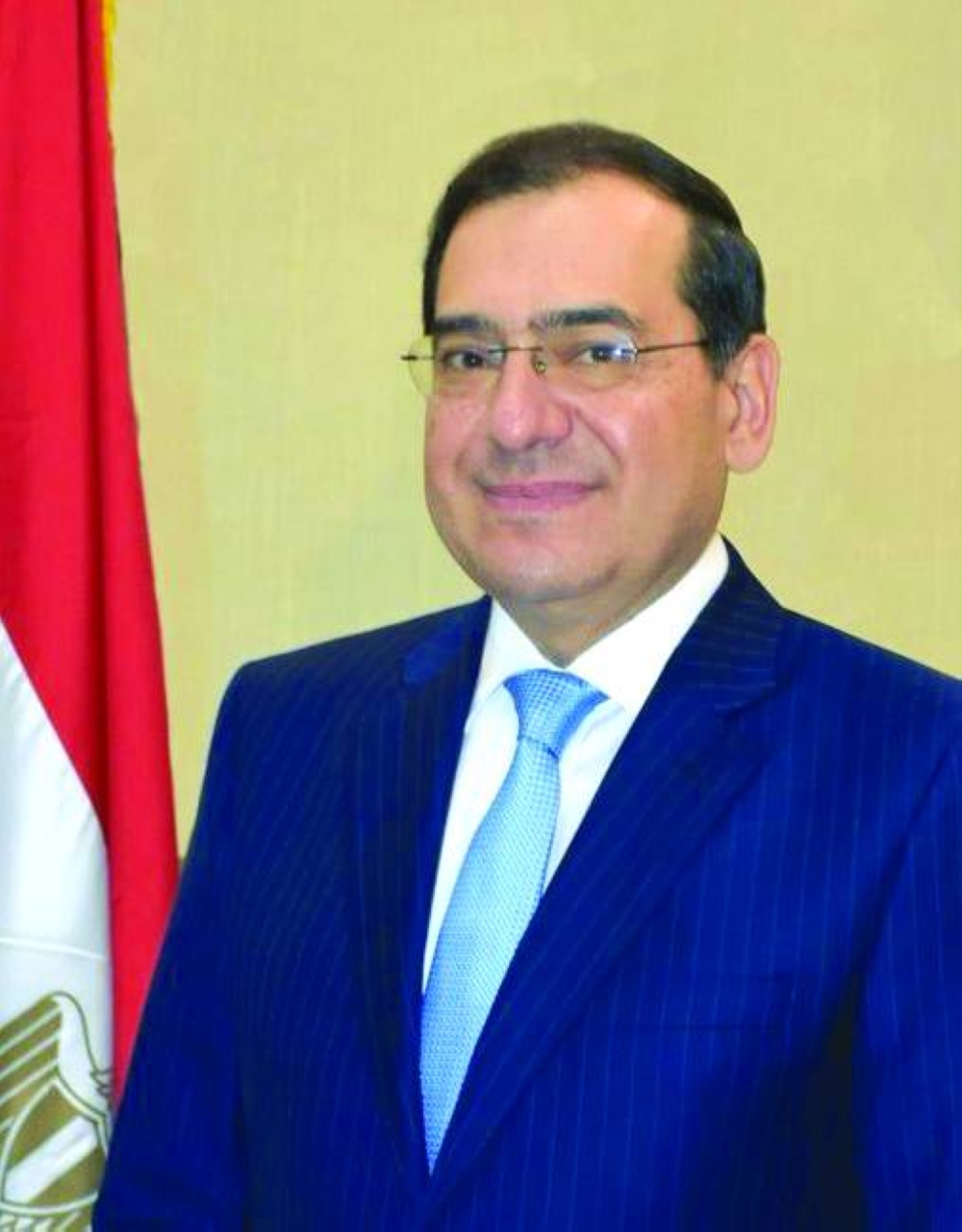The Minister of Petroleum and Mineral Resources of Egypt Tarek El Molla underscored the significance of co-operation between Qatar and Egypt in many economic fields, especially in energy sector which included the development of some Liquefied Natural Gas (LNG) fields.
Speaking to Qatar News Agency (QNA) on the sidelines of his participation in the extraordinary ministerial meeting of the Gas Exporting Countries Forum (GECF) in Algeria, El Molla said the joint co-operation between Qatar and Egypt included developing and optimising energy infrastructure, including transportation, storage and export networks for natural gas, re-enforcing the ability to efficiently transport and export gas to global markets, as well as co-operation in transferring knowledge and expertise.
Price fluctuations can be affected by changes in supply and demand, as well as economic and geopolitical factors, which affect market stability and the companies' ability to plan effectively, The minister noted, highlighting that in addition to environmental constraints, the increasing pressure to conserve the environment and reduce emissions poses a major environmental challenge to the gas industry as environmental constraints include strict laws to control emissions of carbon dioxide and other pollutants, requiring additional investments in clean and sustainable technology.
He pointed out that Egypt is working on several axes in multiple activities of value chain of oil and gas industry, including drawing more investments to catalyse research and exploration operations in all regions of the country, in addition to carrying out several regional seismic survey projects, as well as establishing an integrated digital information centre.
He emphasised that the petroleum sector in Egypt strives to raise production rates and increase petroleum resources reserves in co-operation with its international corporate partners through an integrated future for drilling and exploration until 2030 with investments amounting to $7.4bn.
Operation is underway to increase the refining capacities through major projects with investments of $7.3bn, as well as enhancing petrochemical production through projects with investments of $2.3bn, El Molla outlined.
Commenting on the calls for reducing fossil fuel consumption, El Molla pointed out that notwithstanding the acceleration in global efforts to transition to emissions-free energy sources, fossil fuel sources will continue to be present within the global energy mix, especially natural gas, which is the least emissions-intensive fossil fuel.
Natural gas plays an important role in achieving a sustainable energy transition. It is a clean fuel that produces fewer emissions than fossil fuels such as coal and crude oil. Therefore, gas is considered a good option for achieving environmental sustainability goals and reducing harmful emissions, he said.

Minister of Petroleum and Mineral Resources of Egypt Tarek El Molla.
